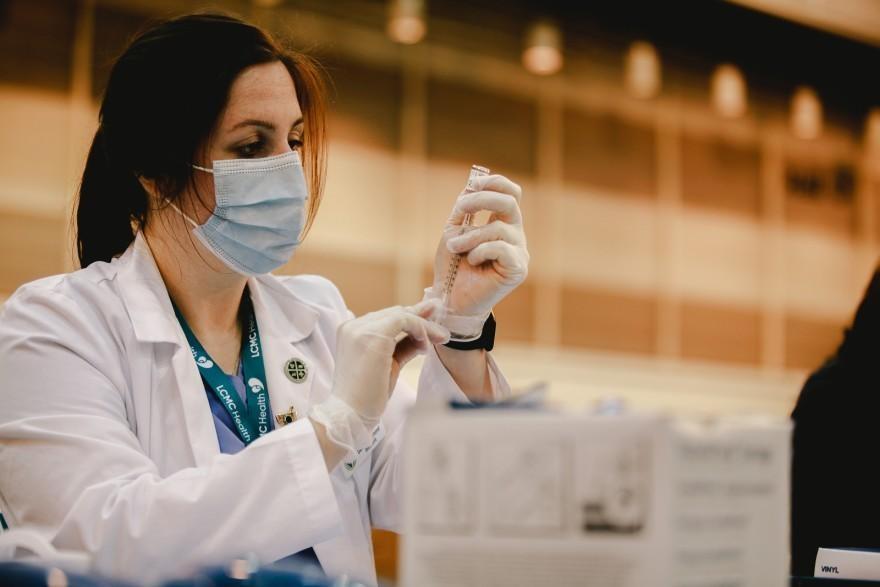Gaudet said it will take some time and convincing to get all kids vaccinated.
“Like anything else, there's going to be a proportion of families who are just going to be a hard ‘No’ for this vaccine for their kids. And then there's a percentage of families that are going to be lined up at the door on day one,” he said. “It can be an uncomfortable discussion, and for some people, talking about COVID vaccine is almost like it's a hot button issue.
“This is where your health care provider can come in and give you the best advice that's available and then make a recommendation for your individual child because that person knows your child.”
The White House has called on pediatricians and children's hospitals to play a key role in vaccinating children against COVID-19.
Dr. David Kimberlin, co-director of the pediatric division of infectious disease at Children's of Alabama, says pediatricians’ help will be critical and thinks that the public health messaging and strategy around reaching adults will have to be different than how it’s been with adults.
“The focus should be very much centered on where their current medical home is and their pediatrician's office,” Kimberlin said. “Parents across this country, across Alabama, across the southeast are very trusting of their pediatricians. Vaccines are right in our wheelhouse”
Rural areas in states like Alabama, however, may need extra efforts to push the shot out, Kimberlin says, noting that family practitioners, nurses working under the guidance of a pediatrician or family practice doctors might need to step in and help.
“Certainly there are many counties in Alabama that don't have a single pediatrician in them,” Kimberlin said. “Our focus needs to be on the physicians taking care of the patients in those local communities. Especially in our part of the country where we do have access issues, we need to be creative in how we’re thinking about this.”
This story was produced by the Gulf States Newsroom, a collaboration between WWNO in New Orleans, Mississippi Public Broadcasting, WBHM in Birmingham, Alabama and NPR. Support for health equity coverage comes from the Commonwealth Fund.




